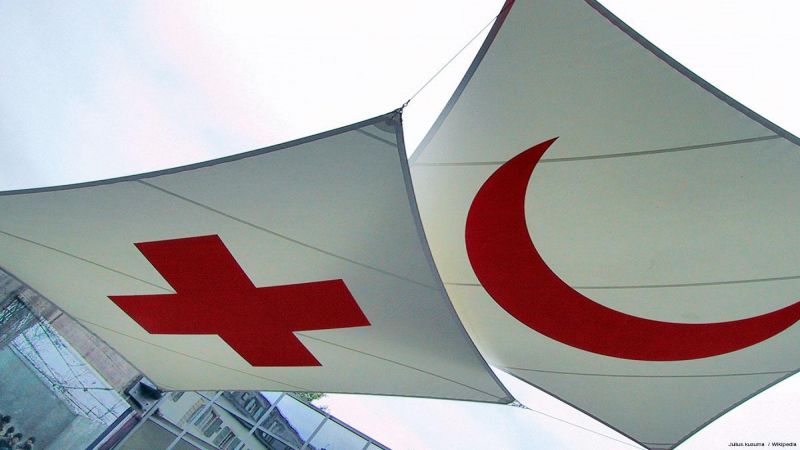
Local Editor
In an important breakthrough in the Yemen conflict, the International Committee of the Red Cross (ICRC) has been given access to prisons in Aden and Sana’a.
Hailing the decision Sunday, the organization said it will allow families to discover the fate of their loved ones.
“We are encouraged by the visits in Aden, the first of their kind there in nearly three years of hostilities,” said ICRC President Peter Maurer.
Hundreds of families, not knowing the fate of their loved ones, approached the ICRC to search for their missing.
“As positive as these visits in Aden and Sana’a are, more needs to be done. We encourage all sides in Yemen to grant access to all those detained in relation with the ongoing conflict. Visits to detainees are a humanitarian imperative from which all sides can only benefit,” Alexandre Faite, ICRC’s head of delegation in Yemen, said.
Last year, the ICRC visited 11,000 detainees in Yemen, although the conditions and findings are only discussed internally with the concerned parties to the conflict.
Families across Yemen, especially mothers, regularly run protests against the Saudi-led coalition for the continued detention of their family members. Last December, protests were held calling for the UAE to release detainees held in prisons operated by militias it supports.
Numerous human rights organizations, including Human Rights Watch, last year accused the UAE of operating two major secret prisons facilities, where detainees are routinely tortured. The news came off the back of an investigation run by Associated Press that men were rounded up in the hunt for Al-Qaeda in the Arabian Peninsula (AQAP) members. The men have since disappeared into a network of secret prisons in southern Yemen, in which the UAE-backed armed groups operate.
Dozens of prisoners were transferred last year in November from a secret prison to a facility in coastal city Mukalla. The fate of the prisoners remains unknown.
The ICRC operates globally inside and outside conflict zones with a special status under international law to ensure the humane conditions of detention facilities.
Source: News Agencies, Edited by Website Team